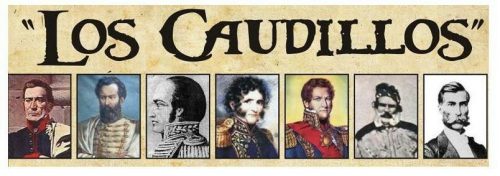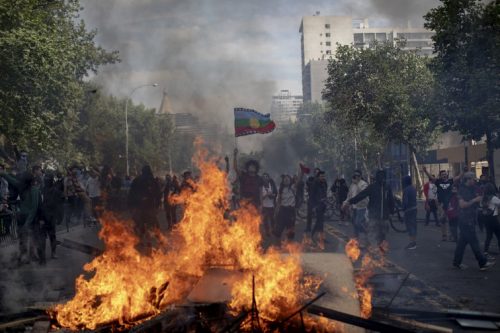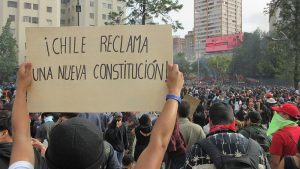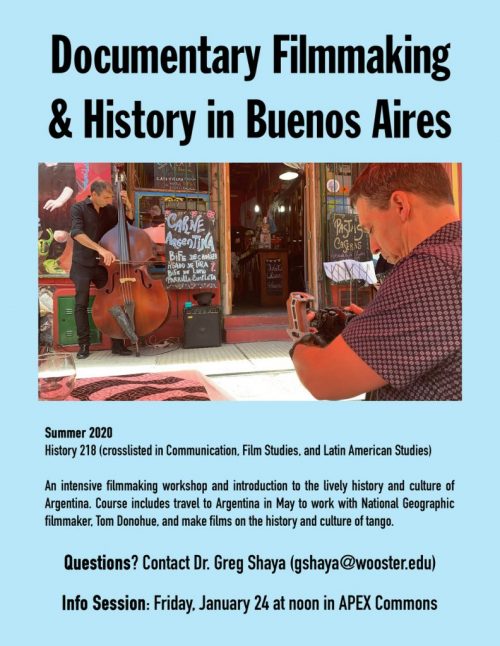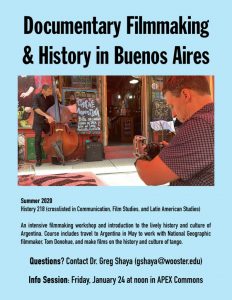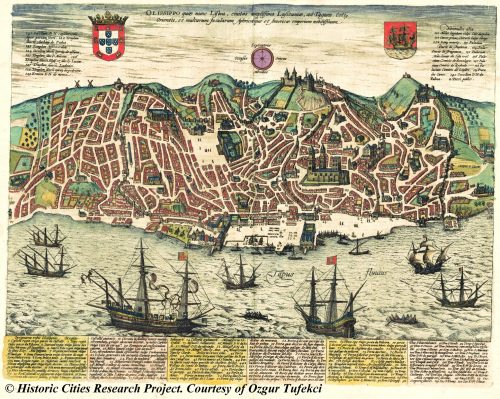Class Notes for January 27, 2020
Class Notes 1/27/2020
At the beginning of the class, Alberto shared his Latin America in the News story. He discussed inequality in Latin America, specifically in Chile. Alberto’s Latin America in the News focused on themes such as historical inequality, consequences of Neo-liberalism in Chile, and the privatization of major industries in Chile. His article explores the tensions in Chile and the roots of inequality during the dictatorship of the 80s. This story ties back to Chasteen’s argument of severe inequality in Latin America.
With regards to the class topics, we mostly focused on Caudillismo in Latin America. We discussed figures such as Juan Manuel De Rosas. We read an excerpt from Domingo Faustino Sarmiento in Facundo: Civilization and Barbarism (1845). This excerpt reveals anti De Rosas sentiments from people who disliked the centralized authority and economic responsibilities on a caudillo such as De Rosas.
What are caudillos? How do we characterize them?
- Local ruler with a local base
- “Popular appeal united with support from elites through grants of economic privilege.
- Mediator between elites and the people
- Gendered performance of masculinity
- Rule through intimidation and patronage
- Chance for order after decade of chaos and war
We also discussed pieces from the book Problems that focuses on how historians view Caudillos. We looked at Wolf and Hansen, Woodward JR, De la Fuente, Scourge.
Due Dates: (Borrowed from Abby’s Class Notes)
1/29: Upload pdf to moodle with a draft of your first entry and ideas for 2 more (do not need to be done in order of the timeline)
1/31: Peer review the entries of 2 classmates before class
2/3: In Class workshop on how to upload entries to website.
Key Term:
“Historiography is the study of how history is written and how our historical understanding changes over time. Historiography considers the approaches used by historians and seeks to understand how and why their theories and interpretations differ.
As you read historians, think critically about the conclusions they reach and the arguments they present. Ask yourself how other historians might interpret the same set of facts – and ask yourself what conclusions or arguments you might reach.
When researching or studying, compare and contrast the writings of two or more historians on the same topic or issue. When writing about a historical topic, acknowledge that different historians hold different views about it.
Most importantly, ease yourself into historiography rather than diving in headfirst. Trying to take in too much information and too many different perspectives will only confuse you and muddy your thinking.”
This quote is from https://alphahistory.com/what-is-historiography/, and it is an a short description of what historiography is and how we should use it in this course and our general academia.
Additional Sources:
https://alphahistory.com/what-is-historiography/
Definition of Historiography
https://www.oxfordbibliographies.com/view/document/obo-9780199766581/obo-9780199766581-0141.xml
Brief description of Caudillos history
https://scholarworks.wmich.edu/cgi/viewcontent.cgi?article=3562&context=honors_theses
Historical account of characteristics fo Caudillo leaders.
Questions of the day?
-
- Why are Caudillos connected to the people and the ruling elite?
- How have perceptions of Caudillos changed in Latin American change over time?
- Did all people agree with a Caudillo rule? Yes, No? Explain.
